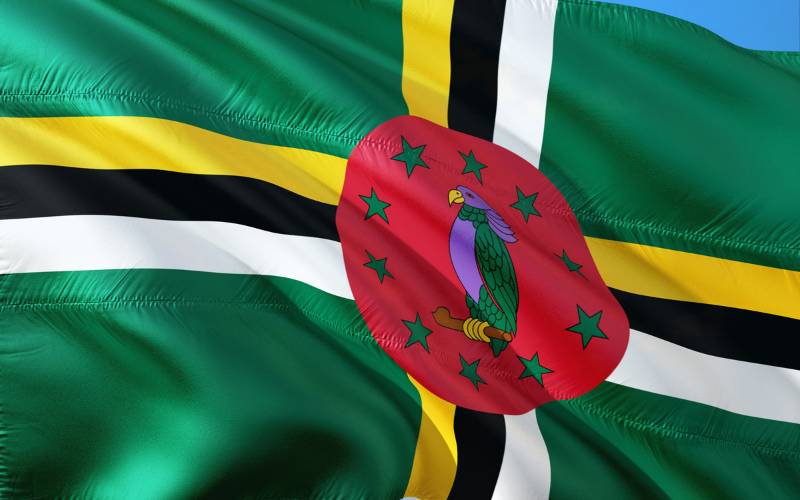Dominica High Court overturns ban on same-sex relations
News
Dominica’s High Court has struck down a ban on consensual same-sex relations in the Caribbean island nation, declaring it unconstitutional.
The court invalidated sections of the law criminalising same-sex activity, which it said violated the country’s constitution.
A gay man from Dominica who initiated the lawsuit claimed that the law infringed on his constitutional rights.
LGBTQ+ activists have celebrated the court’s ruling as “a significant milestone in the ongoing struggle for LGBTQ rights in the Caribbean.”
The court found that sections 14 and 16 of the Sexual Offences Act, which made consensual same-sex relations between adults illegal, breached constitutional protections, ‘BBC’ reports.
Justice Kimberly Cenac-Phulgence, in her judgment, stated that these sections violated the constitutional rights to liberty, freedom of expression, and privacy protection.

Image Credit: Canva
The plaintiff, an openly gay man who remained anonymous, expressed that these laws forced him “to live in constant fear of criminal sanction for engaging in consensual sexual activity” and spurred “hateful and violent conduct towards him and other LGBT persons,” impeding his ability “to live and express himself freely and in dignity.”
Daryl Phillip, founder of Minority Rights Dominica (MiRiDom), responded to the verdict, stating: “This ruling sets Dominica on a promising path toward restoring people's dignity and safeguarding LGBTQ people's rights to privacy, health, and freedom from torture and ill-treatment, aligning with international human rights obligations.”
However, Phillip noted that the ruling does not imply “that homophobia is going to stop tomorrow,” describing progress as “a process.”
Outright International, a human rights LGBTQ+ NGO, commented: “Decriminalisation helps create an environment where LGBTQ individuals can live openly without fear of persecution, enabling them to access health care, education, and employment without discrimination.”
Maria Sjödin, executive director of Outright, added, “The repeal of these discriminatory laws is a testament to the tireless efforts of activists, advocates, and allies who have long fought for justice and equality. It is a victory for human rights and a significant milestone in the ongoing struggle for LGBTQ rights in the Caribbean.”
The report by Outright highlighted that laws criminalising sexual activity between same-sex individuals in English-speaking Caribbean nations were initially imposed by the British during their colonial rule in the 1800s.
In recent years, several Anglophone Caribbean nations such as Antigua and Barbuda, Barbados, Belize, Saint Kitts and Nevis, and Trinidad and Tobago have repealed such laws. A case is also pending in St Lucia.
Countries in the Caribbean where same-sex relations are still criminalised include Guyana, Grenada, Jamaica, and St Vincent and the Grenadines.
Read related myGwork articles here:
Saint Kitts And Nevis Overturns Colonial-Era Gay Sex Ban
Caribbean Court Strikes Down Gay Ban In Antigua And Barbuda
Costa Rica Supreme Court Rules Same-Sex Marriage Ban Unconstitutional
Norway Apologizes For Law That Criminalized Gay Sex
Keep up to date with the latest myGnews

